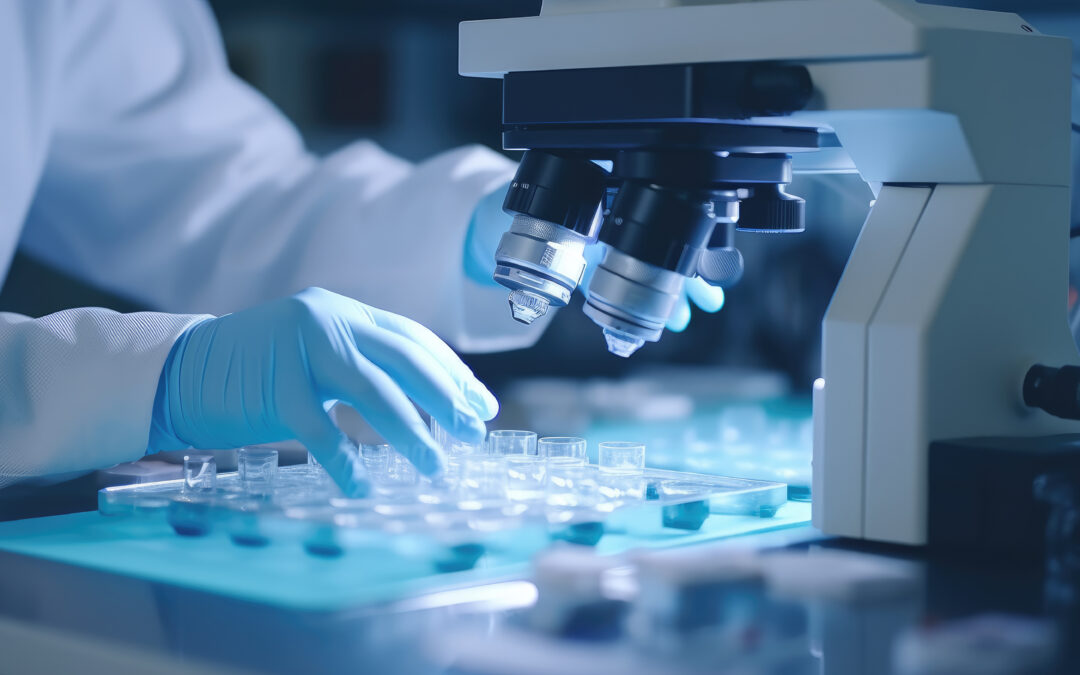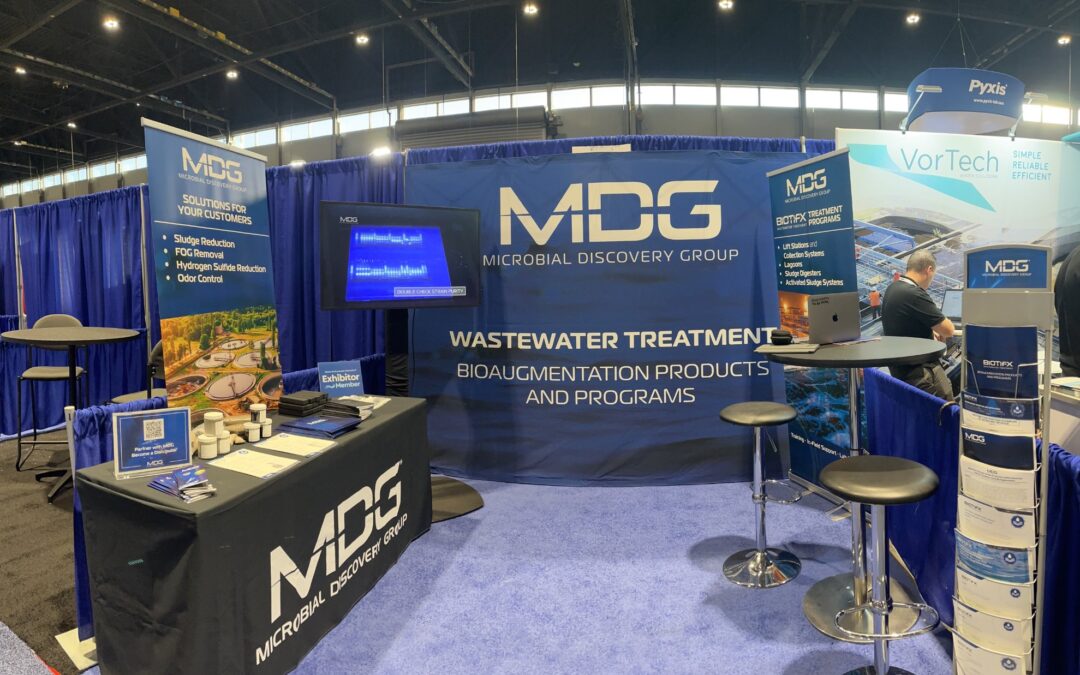According to the EPA, about 1 in 5 US homes depend on septic systems, and with the uptick in professionals working from home, septic tank maintenance and backup prevention tips are among some of the top online searches. Septic service companies are in high demand, more people are home adding materials to the systems’ limited capacity, and high amounts of disinfectants are being used; all of which, are putting home septic systems to the test. Thankfully, there are many proactive measures you can take to prevent an untimely backup.
Top 5 tips to protect your septic system:
- Recognize your septic system is a biological system. Septic systems are functioning ecosystems filled with living microorganisms. These microorganisms work to keep your septic systems clear by breaking down human waste and toilet paper.
- Be mindful of the disinfectants, sanitizers, house cleaners, and chemicals. Highly concentrated bleach products, other disinfectants, and strong chemical-based drain cleaners can be harmful to septic biology. Septic system biology tends to be overexposed to harsh chemicals through the improper disposal of toxic chemistries such as engine oil and paint cleaners, as well as the overuse of strong chemical products.
- Only flush human waste and toilet paper. Much too often, wipes, sanitary napkins, feminine hygiene products, and even cat litter are flushed down toilets. These unwanted materials plus others, such as socks, shredded t-shirts, and rags, are discovered in septic systems. No matter the quality of the system, these items present challenges that will wreak havoc on your septic system.
- Limit the disposal of food waste. It’s important to understand that food waste going down your garbage disposal and sink drain increases the solids in your septic system, which may have limited capacity. Materials like coffee grounds and vegetable peelings are difficult to digest quickly and can create backup concerns. Fats, oils, and grease (FOG) can solidify in your septic tank, requiring pumping out. Worse is the fact that FOG can solidify in your pipes and cause back-ups before making it to your septic tank, so pumping out won’t be enough. If you find yourself in this situation, jetting or rodding may be a very expensive upcharge to solve this problem. Industrial wastewater plants, municipalities, and service companies also observe that the natural biology of these treatment ecosystems tends not to digest fats, oils, and grease very well and often requires a mechanical means to remove this material.
- Incorporate a bioaugmentation product into your treatment plan. Pumping out septic tanks regularly is a good idea. However, the sludge that is compacted at the bottom of your septic tank is hard to pump out and may be left behind. Sludge builds up over time and robs the tank of much-needed capacity. Further, a basic pump out won’t reduce FOG and sludge build-up that exists in your pipes or maybe plug up your drain field. A healthy microbial environment can help with the breakdown of these solids.
Why add a Bacillus-based cleaning product?
Your feces (personal waste) continuously add to the biology of your septic tank system, which keeps the ecosystem thriving. However, the natural flora from personal waste doesn’t do a good job of breaking down FOG and sludge. These organisms tend to be less hardy and more susceptible to disinfectants, detergents, and household cleaners that tend to weaken the ecosystem.
Pick a good Bacillus-based treatment product
A good bioaugmentation product helps to fill the gaps that pumping out can’t treat. At MDG, we specialize in the isolation and fermentation of Bacillus strains. The Bacillus cultures found in a bioaugmentation product will break up compacted solids allowing them to be pumped out much easier. These cultures will also go into areas such as pipes and plugged areas of drain fields where pumping can’t reach to remove FOG and compacted sludge build-up. Finally, the hardy nature of Bacillus spores will allow them to better withstand events of occasional upsets due to disinfectants, detergents, and household cleaners.
Take Away
Understanding the biological side of your system is essential in preventing back-ups. A septic system and its inherent biology work well when used and maintained correctly, but most systems have problem areas left behind after pump-outs. You can proactively enhance the activity of your septic system by incorporating a bioaugmentation product alongside regular pump-outs to avoid an unplanned upset.
If you’re a manufacturer looking to supply your customers with a high-quality biological solution, our team is ready to help. Contact us today to further discuss product possibilities.









